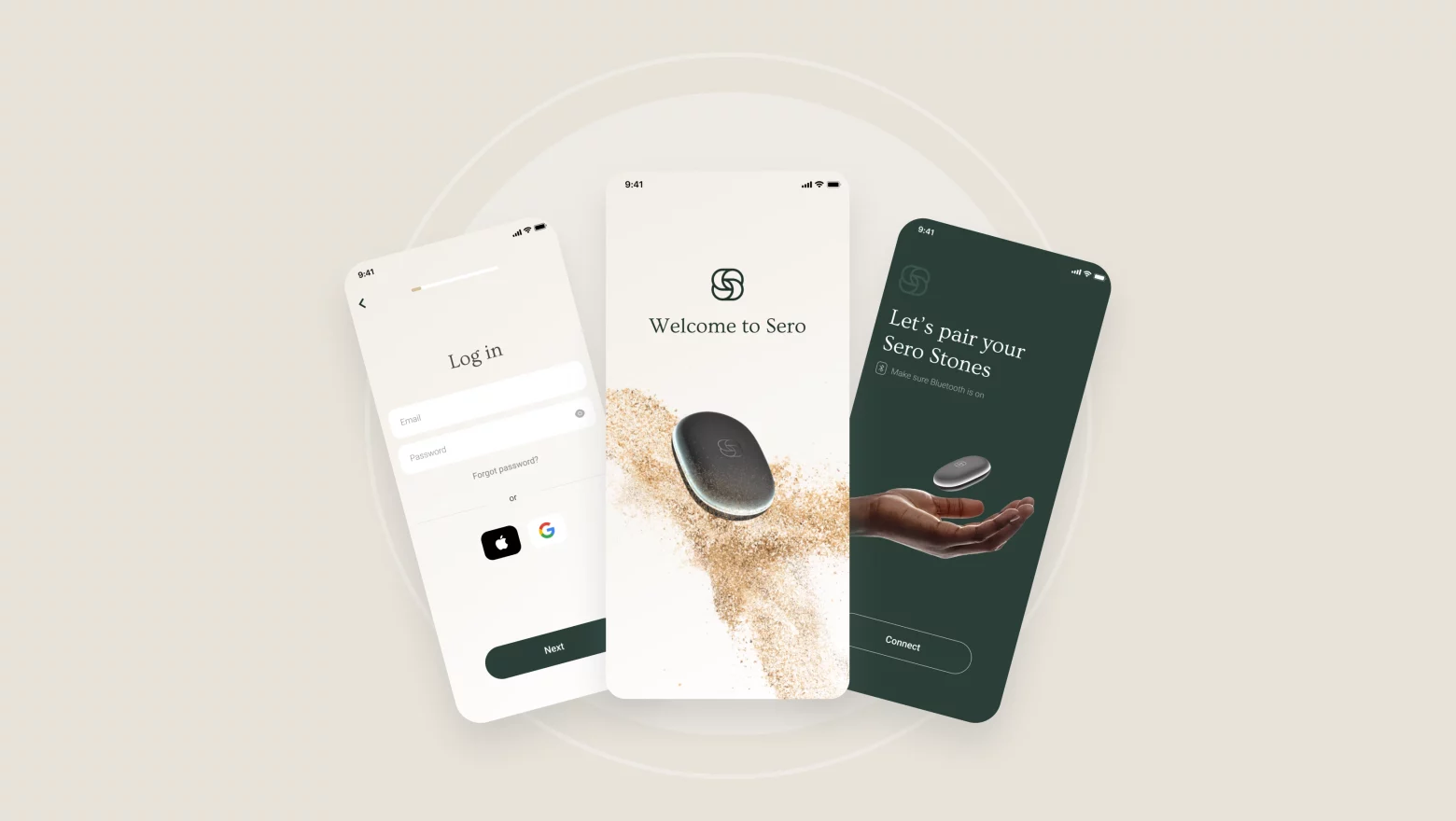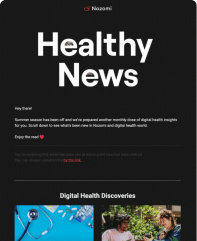What is IoT in healthcare?
Have you ever wondered why IoT is making such waves in healthcare? Well, it’s pretty fascinating stuff. Imagine this: with the Internet of Things, devices equipped with sensors can gather data from their surroundings – like a patient’s body – in real-time. Then, AI systems kick into gear, processing that data and turning it into actionable insights or activities.
So, what is IoT in healthcare? It means smart wearable devices can do some seriously cool stuff, like monitoring blood pressure, heart rate, temperature, body mass, calories burned, and more. You’ve probably seen some of these gadgets already, like:
- wearable fitness trackers
- blood pressure monitors
- smart health watches
- ECG monitors
- biosensors
But here’s the kicker: we’re just scratching the surface of what IoT can do in healthcare. The wearable tech market is still in its infancy, but it’s growing fast. Research suggests that by 2028, there could be over 484 million fitness trackers and healthcare wearables users out there.
And the impact? Well, it’s pretty significant. IoT healthcare software driven by IoT is helping to cut down on hospital visits and readmissions by empowering people to take better care of their health. In fact, 75% of users say iot wearables in healthcare have helped them engage more with their health. Now that’s something to get excited about!
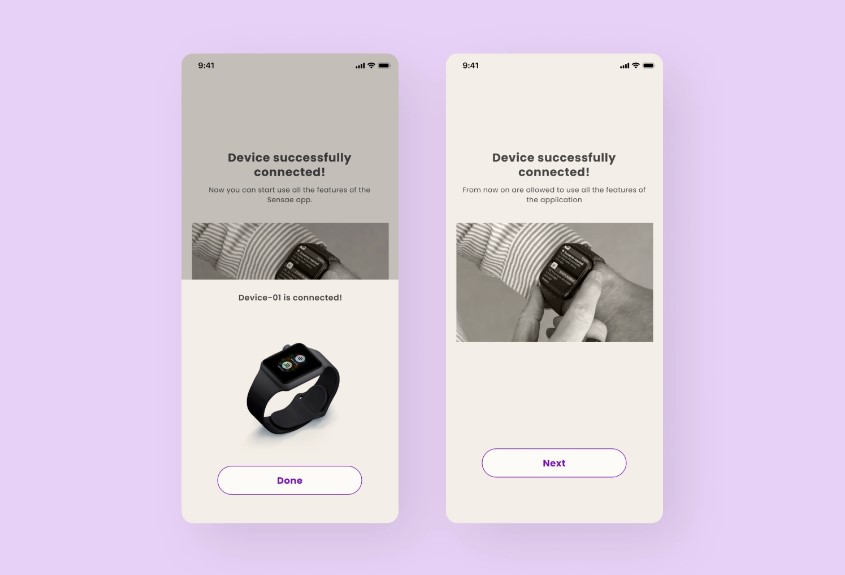
The use of iot in the healthcare industry
- Keeping Tabs with Smart Wearables
So, you know those cool wearable gadgets everyone’s talking about? They’re not just for tracking your steps anymore. Nope, they’re revolutionizing healthcare by monitoring vital signs like blood pressure and heart rate in real-time. This means doctors can keep a close eye on patients’ health anytime, anywhere, and take quick action in emergencies. Pretty nifty, right?
- Building Smarter Hospitals
Gone are the days of sifting through piles of paper records at the hospital. With IoT, hospitals are getting tech-savvy with electronic health records and sensor-driven machines. These gadgets not only track patients’ vital signs but also help keep track of things like hand hygiene and hospital assets. Plus, with everything stored in the cloud, patient data is easier to manage and access than ever before.
- Bringing Healthcare to You with Remote Patient Monitoring IoT
Thanks to IoT, getting medical care doesn’t always mean sitting in a waiting room anymore. Nope, now you can connect with your doctor from the comfort of your own home. Remote patient monitoring lets you capture and monitor health data using connected devices, making healthcare more convenient and accessible. And with AI in the mix, doctors can even predict and prevent critical events before they happen. Talk about cutting-edge!
So, there you have it – IoT is shaking up the healthcare world in some pretty amazing ways. Get ready for a whole new era of healthcare!
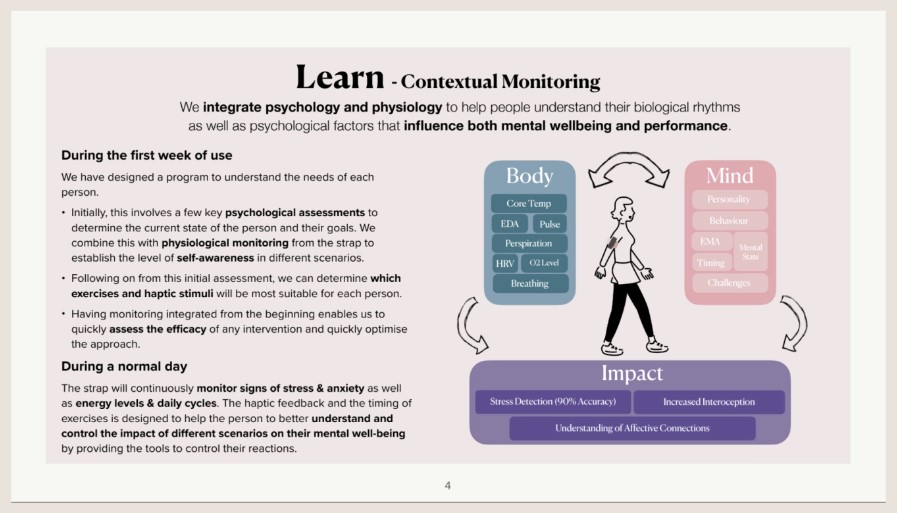
More specific about Remote Patient Monitoring IoT:
Let’s dive deeper into RMP:
– effortless communication capabilities enable real-time connection between patients and doctors, enhancing efficiency in patient care;
– automated systems handle scheduling, in-person appointments, and bypassing, reducing wait times and streamlining patient care;
– continuous monitoring allows for the prediction of critical events, potentially saving lives by intervening before emergencies occur;
– connected devices in a sophisticated GPS network provide early intervention for flagged conditions, offering a clearer picture during emergencies;
– patient data security and safety are ensured within IoT systems, providing peace of mind to patients regarding their privacy and confidentiality.
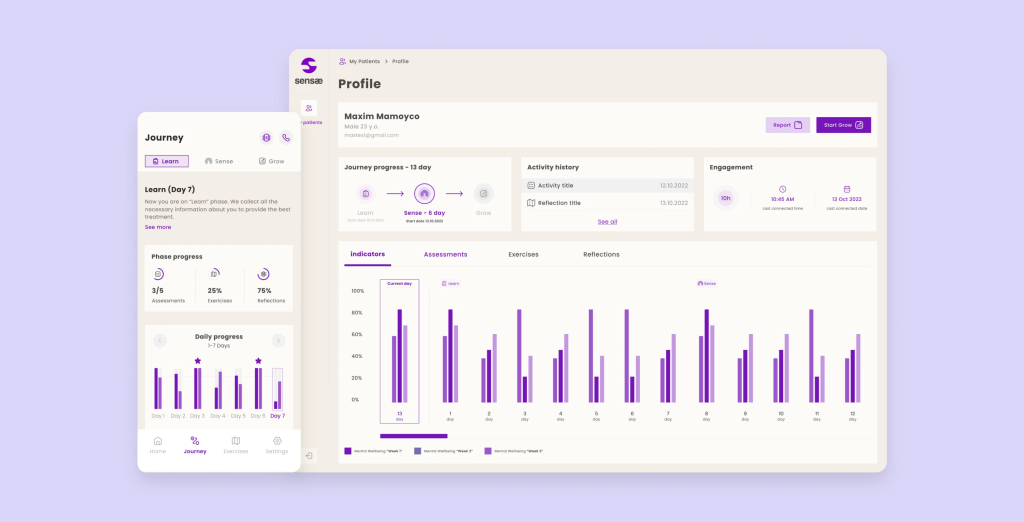
Let’s break down the benefits of IoT in the healthcare industry
- Telemedicine and Virtual Consultations. With IoT, patients can access medical services remotely through telemedicine and virtual consultations. This means they can consult with healthcare professionals via video calls, making healthcare more accessible, reducing travel costs, and enabling continuous care from home.
- Affordable and Seamless Connectivity. IoT healthcare solutions focus on making services affordable while ensuring seamless connectivity. By using cost-effective IoT solutions and connected devices, healthcare organizations can improve patient care and streamline operations, leading to more efficient and accessible services.
- Mobile Health Check-ups. IoT-enabled devices and mobile technology allow for convenient health assessments on-the-go. Patients can monitor vital signs and track health metrics using their smartphones or wearables, empowering them to manage their health proactively.
- Live Tracking and Timely Alerts. IoT devices monitor patients’ health in real-time and send alerts to healthcare providers when necessary. This proactive approach ensures timely interventions, enhancing patient safety and overall healthcare outcomes.
- Aid for Elders. IoT introduces connected devices that support the safety and well-being of elderly individuals. Fall detection systems and smart home devices assist with tasks, promoting independent living and providing peace of mind for families.
By harnessing the power of IoT in healthcare projects, healthcare is transformed, making services more accessible, efficient, and tailored to individual needs.
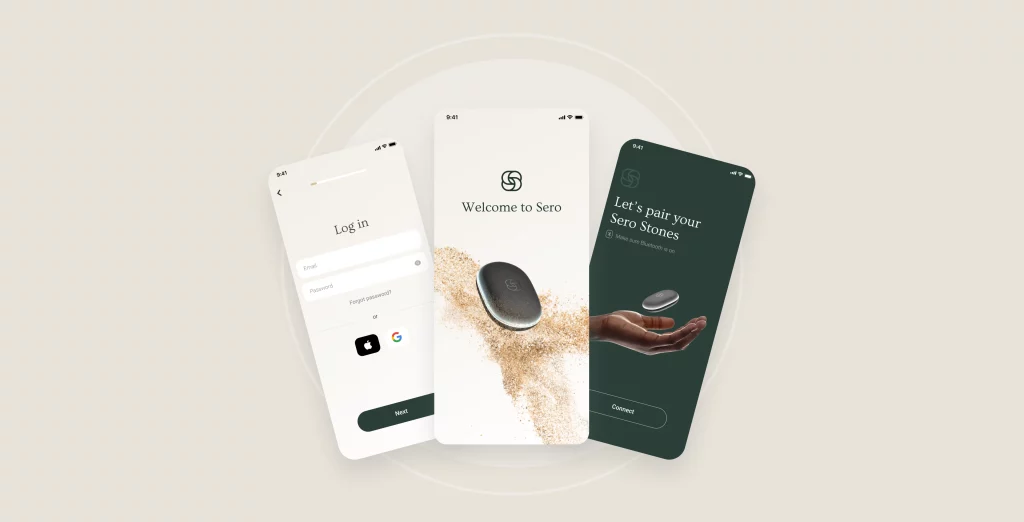
The future of digital health with IoT.
IoT technology is set to revolutionize healthcare as we know it. We’re talking faster disease diagnosis, a treasure trove of data for medical research, and lightning-fast discoveries for treating even the most severe illnesses.
Take digital biomarkers, for example. These little guys can capture disease symptoms, monitor chronic conditions, and track changes in the body over time. Pretty cool, right?
And then there’s hygiene. It’s a big deal in healthcare, and IoT is stepping in to help. Sensor-driven devices can measure hand hygiene among staff, ensuring top-notch patient care.
But wait, there’s more! IoT is bringing closed-loop diagnosis to the table, providing real-time data to both patients and doctors. This means better diagnosis, more accurate prescriptions, and overall improved patient care. We will be able to overcome limitations of iot in healthcare. It’s going to make healthcare services more cost-effective, too. So yeah, the future of digital health with IoT? It’s looking pretty bright!
Conclusion
Absolutely, internet of things healthcare applications is shaking things up in a big way, and we’ve been diving deep into mobile health app development to ride this wave of IoT connected healthcare applications. Want to learn more about creating apps and implementing the right strategies? Dive into our book here.
Our goal is to empower healthcare startups with top-notch design and development for their digital products and to guide healthcare organizations through transformative changes.
Curious about what we’ve been up to? Check out our portfolio, complete with case studies of mhealth applications, at: https://studio.nozomihealth.com/work
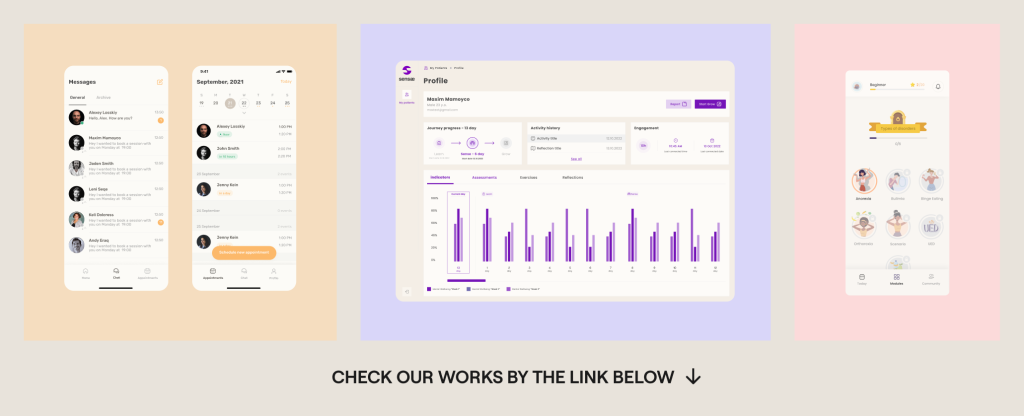
Got questions or want to chat? Shoot us an email at m@nozomihealth.com, and let’s talk about how we can bring real benefits to your product.



